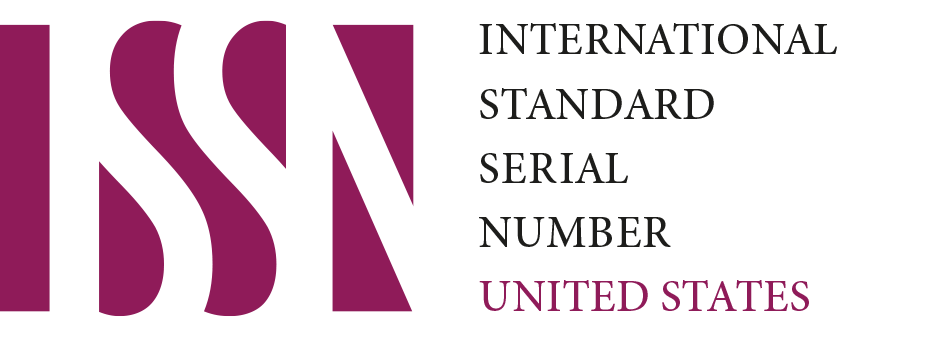Leveraging Remote Work to Improve Employee Productivity and Well-Being in Post-Pandemic Organizations
Abstract
The global shift toward remote work, accelerated by the COVID-19 pandemic, has significantly impacted employee productivity and well-being, prompting organizations to reevaluate their operational strategies. This paper explores how remote work, when effectively implemented, can enhance both productivity and well-being in post-pandemic organizations. Drawing on recent studies and case analyses, we investigate key factors that contribute to successful remote work environments, including flexible scheduling, technological infrastructure, and supportive leadership. We examine how these elements not only improve work-life balance but also boost employee engagement and performance. Additionally, this paper addresses potential challenges, such as feelings of isolation, communication barriers, and maintaining team cohesion, offering practical solutions to mitigate these issues. Through a comprehensive review of literature and organizational best practices, we provide actionable recommendations for leaders aiming to optimize remote work frameworks in the evolving post-pandemic landscape. Ultimately, this paper argues that remote work, when leveraged thoughtfully, can become a powerful tool for fostering both organizational success and employee well-being in the long term.
Downloads
Published
How to Cite
Issue
Section
License
Copyright (c) 2024 Ading Rahman Sukmara, Andi Rustam, Jakoep Ezra Harianto, Titing Widyastuti, Besar Agung Martono

This work is licensed under a Creative Commons Attribution 4.0 International License.













